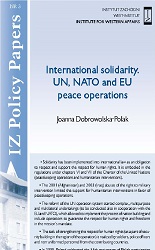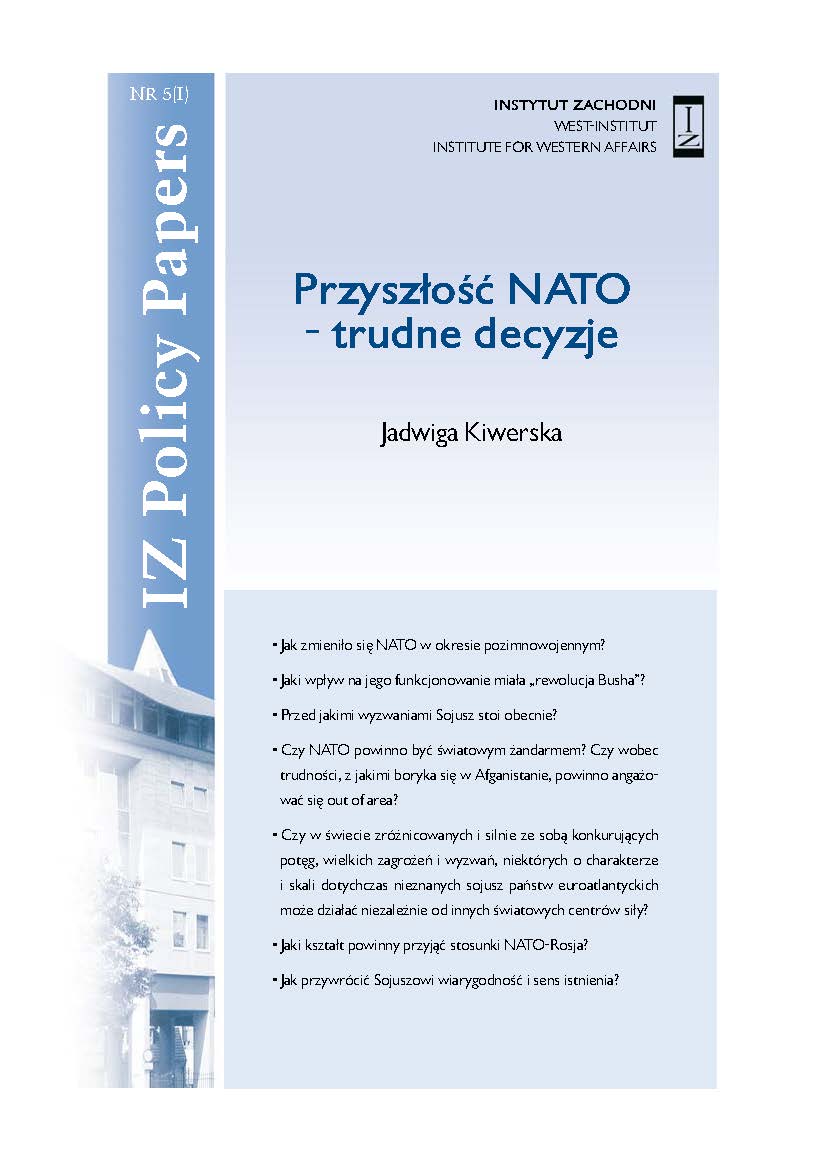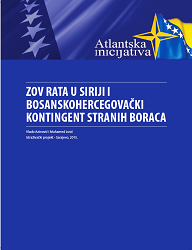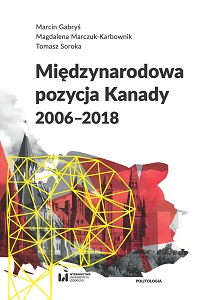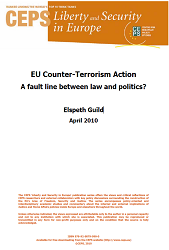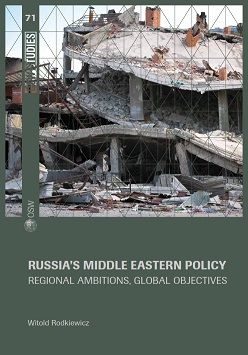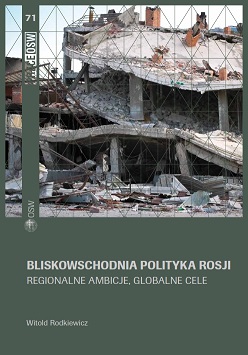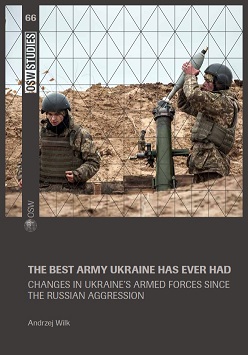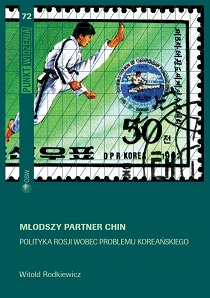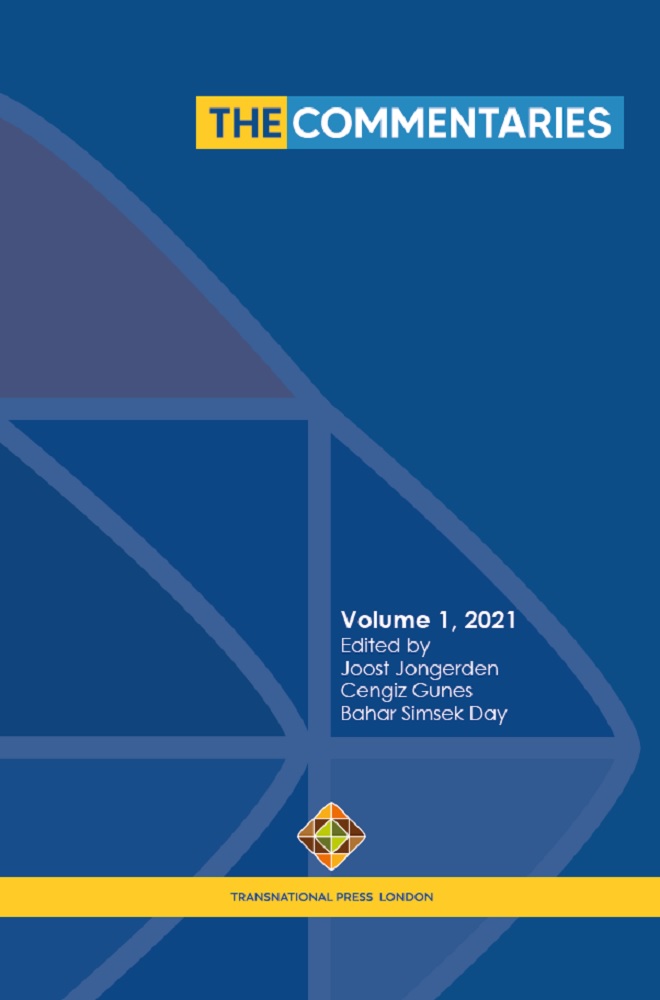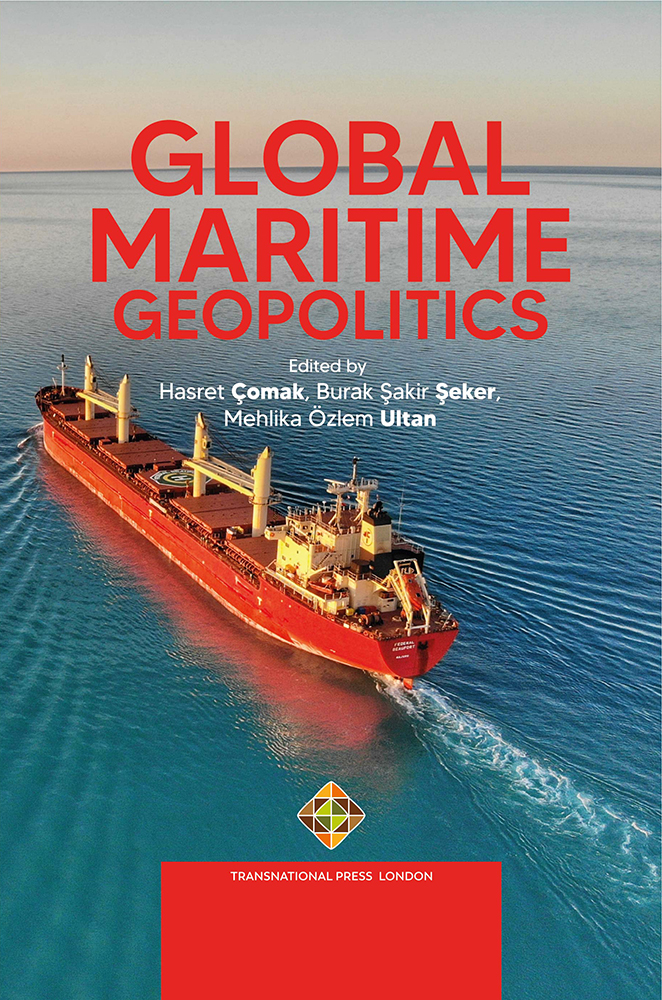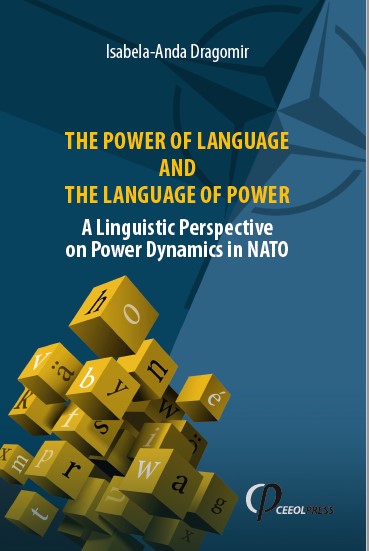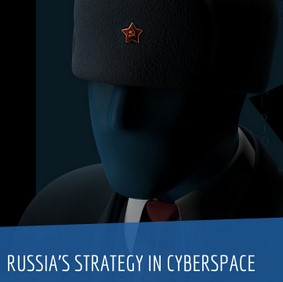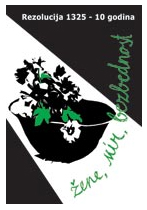Rezolucija 1325 - 10 godina
Author(s): / Language(s): English
The UN Security Council adopted Resolution 1325 ‘Women, Peace and Security’ on October 31st, 2000. It is the first time that the UN Security Council advocates at such a high level the inclusion of women in peace processes and implementation of peace agreements. As for Serbia, ten years after the adoption of SC Resolution 1325 not only that state institutions did nothing in terms of implementation R1325, but they remained deaf on permanent and long-term efforts of civil society organisations to implement the Resolution. Women in Black, starting from 2005, have been demanding the implementation of SC Resolution 1325 and the adoption of Women in Black’s Resolution ‘Women, Peace and Security’, with the requirements specific for political context in Serbia. In fact, we had the support of dozens of civil society organisations, and also of several MP’s in the Parliament of Serbia. Unfortunately, our requests were not included in the agenda of the parliamentary sessions, which testifies to the extremely scarce democratic capacity and lack of political will of the current institutions in Serbia to acknowledge initiatives and efforts of autonomous civil society organisations in Serbia and of their failure to comply with international obligations. Out of very pragmatic reasons of adoption of international documents, in early 2010, the institutions of the Serbian state began the drafting process of NAP for the implementation of Resolution 1325. Activists around the world have been giving us early warnings of the danger of bureaucratization of R1325 by States, even by some NGOs; that happened in Serbia - Resolution 1325 has been misused by the ruling elite and some NGOs, in order to achieve certain political goals. NAP drafting process testifies to the absence of autonomous civil society organisations from the process; it also testifies to the fact that the state representatives do not acknowledge lasting efforts and initiatives of civil society organisations to educate, promote, and lobby for the implementation of SC Resolution 1325 in Serbia. The whole drafting process of NAP in Serbia was non-transparent, undemocratic and non-inclusive, which is proven by the results of a research survey, prepared by Women in Black, along with other numerous activities, in order to commemorate the tenth anniversary of the SC R1325. Complete report about cited research survey shall be given later in this publication. The state of Serbia will adopt the NAP for the Implementation of the SC Resolution 1325 in order to meet yet another formal request by the international community and Women in Black will, with the support of related autonomous civil society organisations, monitor the implementation of the Resolution 1325 and will notify all relevant local and international institutions about the process.
More...
